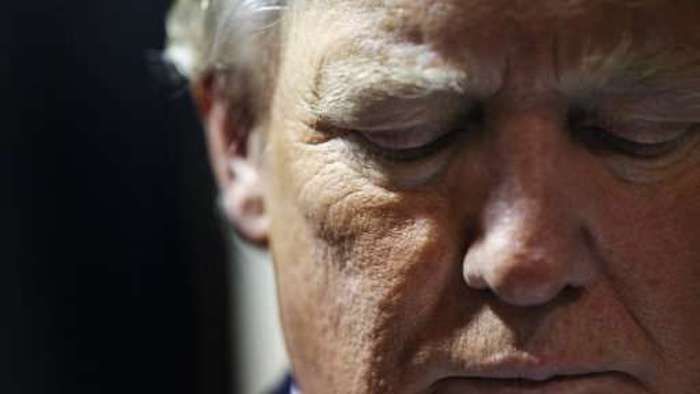A top Democrat has official begun the impeachment process against President Donald Trump, by filing a “resolution of inquiry“.
Congressman Jerrold Nadler on the House Judiciary Committee filed the inquiry on Thursday in a move that could be considered the first step towards the impeachment process.
Countable.us reports:
Nadler is the second ranking Democrat on the House Judiciary Committee, which responds to such filings. He offered the following statement on his resolution:
“Donald Trump has refused to step away from his business interests in any meaningful way. His foreign entanglements are likely unconstitutional, he has repeatedly refused to disclose his financial assets, and he is clouded by the specter of Russian intervention in the election and his Administration.”
What’s a resolution of inquiry?
According to official rules, the Judiciary Committee must respond to the resolution of inquiry within 14 legislative days, or Congressional workdays. The committee can either report the resolution favorably, reject it, or revise it.
If it chooses not to act within that time period, Congressman Nadler could request that the resolution be discharged (meaning it gets pulled out of committee) so that the House as a whole can then vote on it.
By rejecting a resolution of inquiry, the committee considering it isn’t necessarily saying that the subject of the inquiry is without merit or that the administration didn’t provide the requested information.
It could mean that the committee received what it asked for and that what it got is enough to bring the administration in compliance with the request, meaning that further action was unnecessary.
Only the House has the ability to file a resolution of inquiry, as there’s no counterpart in the Senate’s parliamentary rules.
Resolutions of inquiry are also given privileged status in the House, meaning that the House’s ordinary business can be interrupted so that they can be considered, although the House can still choose to give precedence to other matters through a majority vote.
Is Trump being impeached?
No. The resolution of inquiry only seeks information from the executive branch. Depending on the information uncovered by the inquiry, it could lead to broader calls for impeachment.
Nadler is seeking information related to investigations of Trump, his associates, his foreign business interests, and conflict of interest laws such as the emoluments clause of the Constitution.
As a reminder, impeachment involves the levying of charges against a government official who has committed “treason, bribery, or other high crimes and misdemeanors.” The indictment comes from the House, and if a majority of lawmakers support impeachment the case advances to the Senate.
The Senate then begins a trial with witnesses and cross-examinations, and a two-thirds majority is required to convict an official. In the event of a conviction, the official is immediately removed from office and could be barred from holding office in the future or face criminal prosecution.

